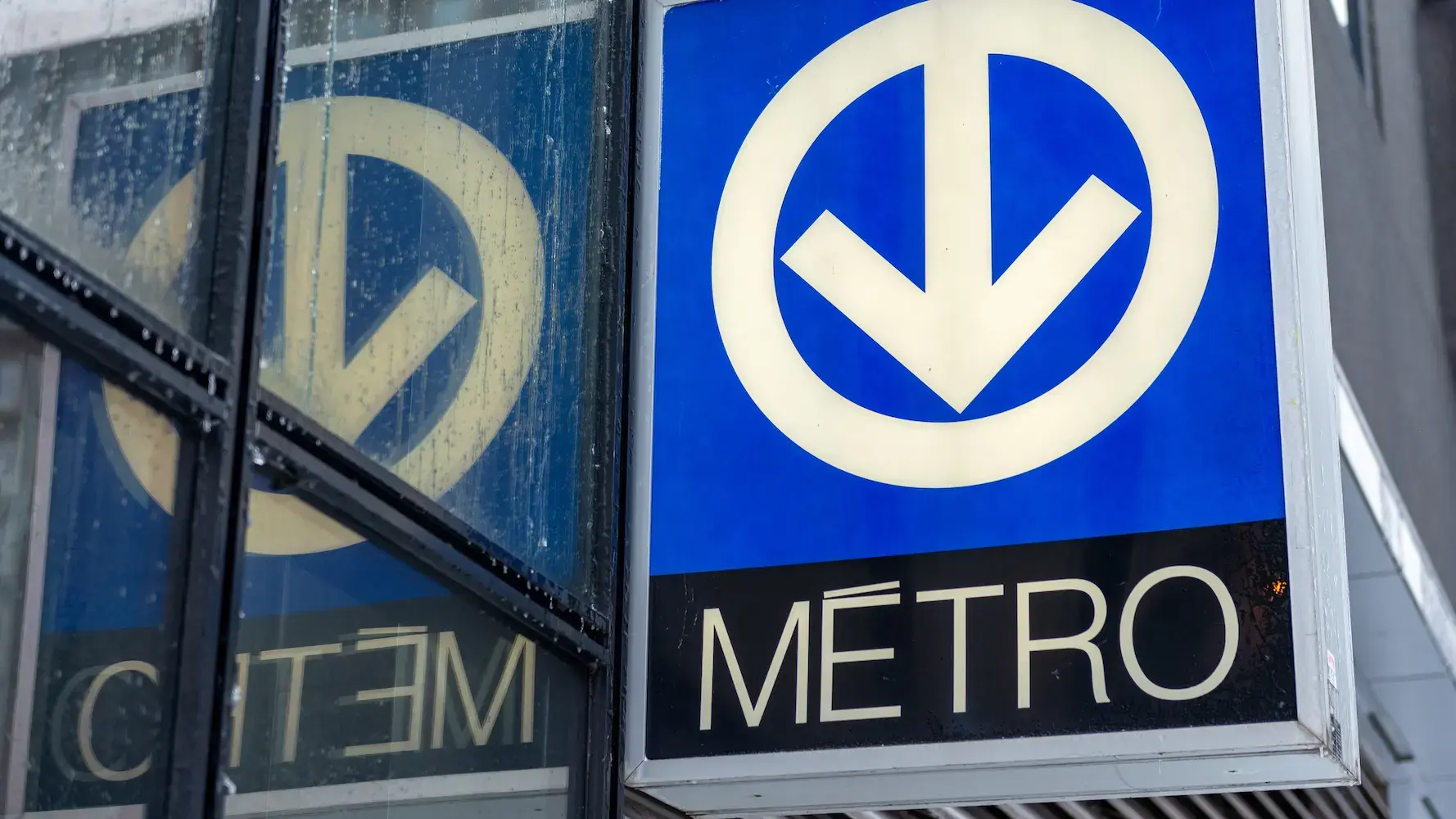From June 9th to 17th, 2025, the “Société de transport de Montréal (STM)”, Montreal’s public transit organization, went on strike.
During those nine days, bus and subway service were greatly reduced; busy city-goers could only catch rides during essential service hours in the morning, evening, and night. If you got up late and missed the last car—tough luck.
However, this didn’t stop Montrealers from finding another, two-wheeled way to get around the city.
Bikes to the rescue: filling in for reduced transit service
Montreal has long been a bike-friendly city. In fact, it is one of the most bikeable big cities in North America according to PeopleForBikes.
But, during the strike, the people of the city decided to shift into high gear.
Bixi, the city’s bike-share organization, had these numbers to share:
-
- 700,000 trips were made over the nine-day period, totaling 2.2M kilometers (1.36M miles), or about 54 times around the Earth.
- The busiest day had 98,500 trips, smashing the previous one-day record of 79,868 by over 20%.
That’s not all. Bike activity all over the city shot up based on the counts of around 50 Eco-Counters.
David Beitel, our Data Services Lead, shared tidbits during an interview with CBC.
Some of the most interesting figures came from June 11, the peak day for cycling during the strike. On that day, bike counts at the popular intersection of Rachel and Saint Denis reached 14,676 — a staggering 71% higher than a typical Wednesday in June. This set the record for the most daily counts of any bike facility ever recorded in Montreal.

Daily bike traffic at the intersection of Saint Denis and Rachel. June 11 shows the highest ever recorded daily count.
“Usually when the record is broken, it’s broken by a hair, a percentage or two. Here we saw more than one-third of additional volume at these particular sites, and these increases were seen all over the city.” – David Beitel
Another impressive insight from counter data: the Saint Denis and Rachel Street intersection counted nearly 1,800 bicycles in a single hour from 5 p.m. to 6 p.m. According to David, this was close to the max capacity of what the path could handle.

On June 11, the Saint Denis and Rachel intersection counted 1761 bikes between 5 and 6 p.m. This was almost the max capacity of the bike lane.
“It really speaks to the efficiency of cycling in bike lanes. It can really move people much more efficiently during these peak periods.” – David Beitel
The importance of long-term count data: capturing surges and events
What does Montreal’s strike show us about count data?
In general, the strike showed one of counting’s key benefits: having baseline data to compare with when something extraordinary happens.
Think of it this way. Yes, a transit strike will probably cause more people to ride bikes. But how much more? What is the magnitude of the impact compared to, let’s say, a cycling event like San Diego’s bike Anywhere Day? With count data, you can understand surges more precisely.
From there, you can benefit from better decision-making and planning. In Montreal’s case, if the city knows that a strike can cause a volume increase of 71 per cent on some bike lanes, they can take precautions to ensure that a path never reaches its max carrying capacity for safety reasons.
You can also learn about the success of planned events. For instance, you can say that your city’s bike-to-work day made your streets busier, but how did it compare to a typical day? Were there really that many more people on the streets — especially in cities where people are already very active on bike and pedestrian infrastructure?
More to think about
Montreal’s strike was just one instance of long-term count data being useful It also comes into play when looking at how a city’s cycling volumes evolve over time (Ottawa, Ontario) or securing funding for infrastructure and improvements (New Haven, Connecticut).
Read more about the Montreal Strike in this article from the Canadian Press.
Learn about the counter we used to collect bike data in Montreal: the ZELT Evo.
